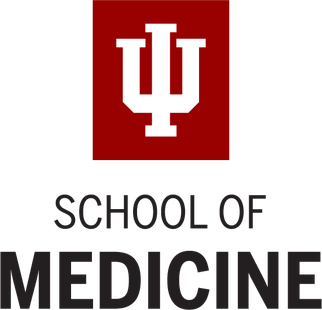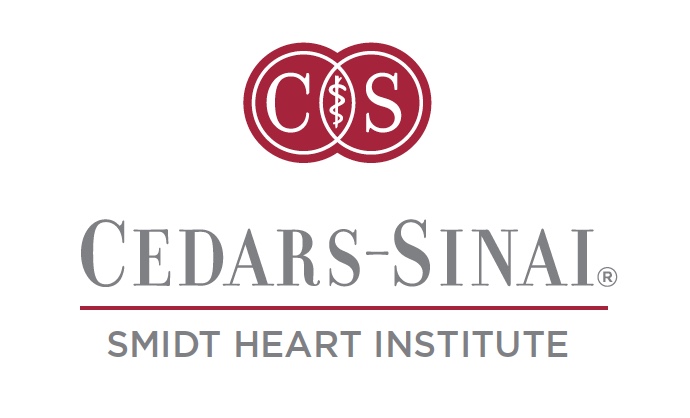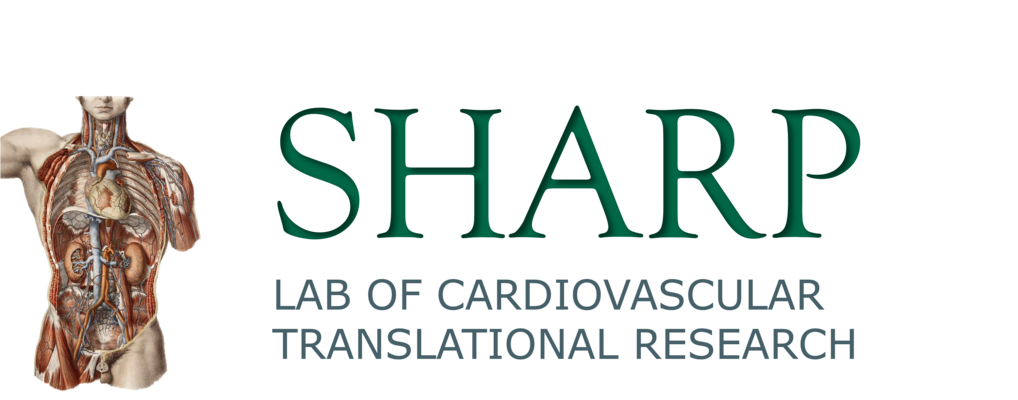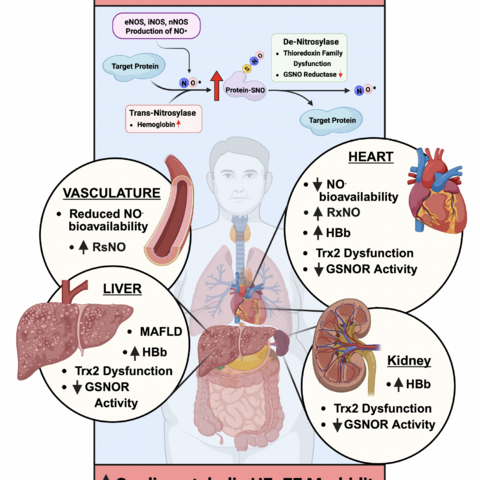
Research
Featured Research Areas
Cardiomyopathy/Heart Failure
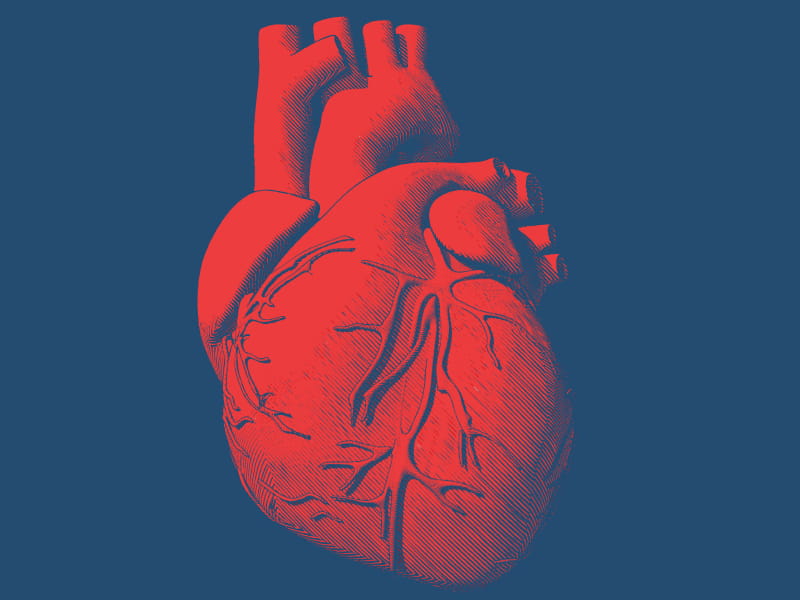
Heart failure (HF) is a complex clinical syndrome characterized by the heart’s inability to maintain adequate cardiac output to meet the metabolic demands of the body. It remains one of the leading causes of morbidity and mortality worldwide. Traditionally, HF is classified based on alterations in left ventricular ejection fraction, reflecting its diverse etiologies and underlying pathophysiology. Recognizing the clinical heterogeneity of HF, our laboratory has established a suite of preclinical models that faithfully recapitulate the major phenotypes of both heart failure with reduced ejection fraction (HFrEF) and heart failure with preserved ejection fraction (HFpEF). These models are developed through induction of ischemic heart disease, a variety of cardiomyopathies, and metabolically driven perturbations that collectively reflect the multifaceted nature of HF pathogenesis. Using these platforms, we investigate the molecular, cellular, and systemic mechanisms that drive HF onset and progression. Our goal is to uncover novel pathophysiological pathways and identify therapeutic targets that can inform the development of effective interventions to prevent, mitigate, or reverse heart failure.
Gut Microbiome-Host Interaction
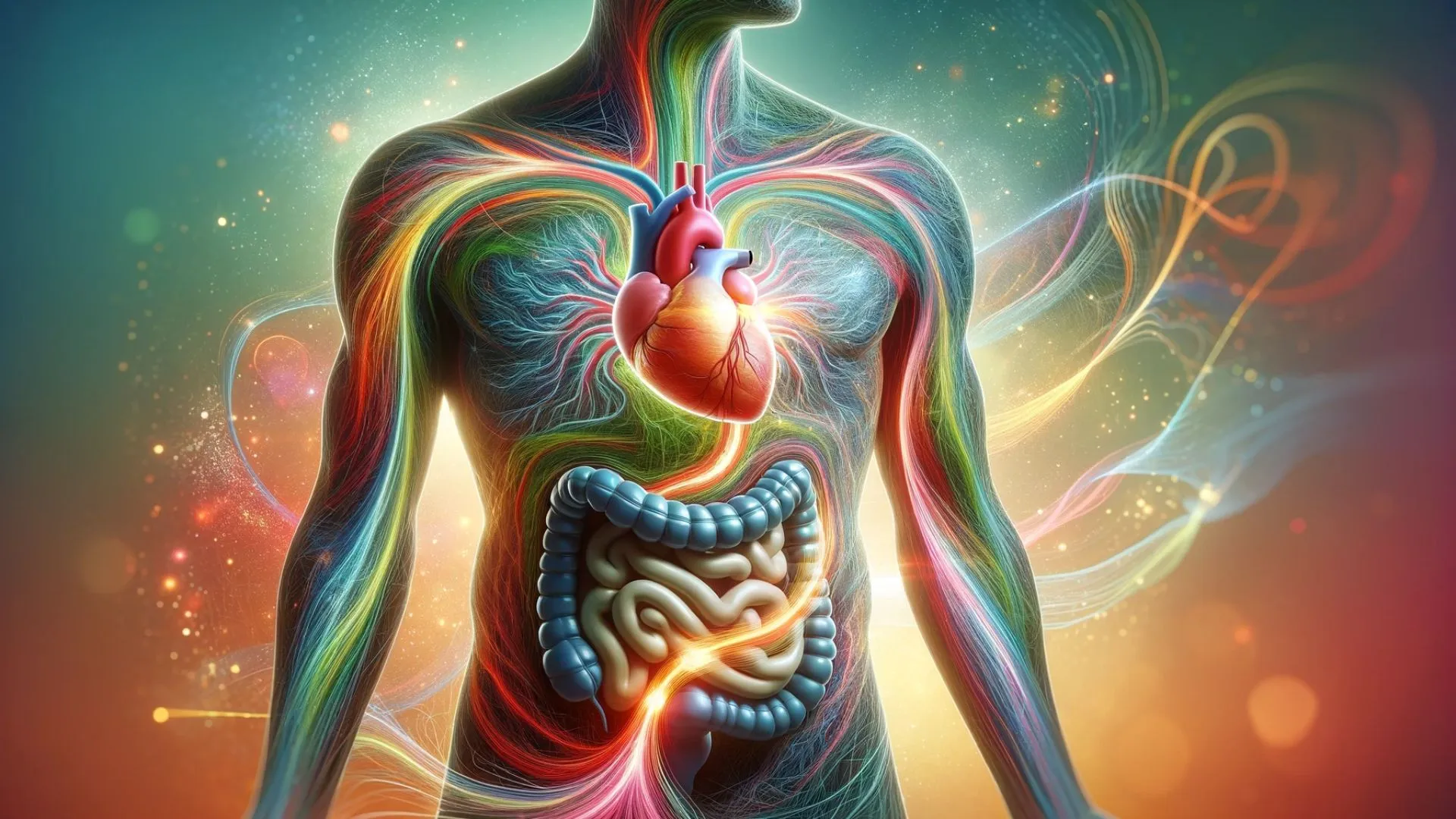
The dynamic interplay between the gut microbiome and its host is increasingly recognized as a central regulator of human health and disease. This bidirectional relationship influences a wide array of physiological processes, and its disruption is implicated in the development and progression of numerous chronic conditions, including cardiovascular disease. Modifiable lifestyle factors—such as diet, physical activity, and tobacco use—profoundly shape the composition and function of the gut microbiota. These environmental influences drive shifts in microbial-derived metabolites, many of which possess hormone-like properties capable of modulating host endocrinology, cellular signaling pathways, and systemic homeostasis. Our research focuses on elucidating the mechanistic links between gut-derived metabolites and cardiovascular pathophysiology. We aim to understand how alterations in gut-host interactions contribute to increased susceptibility and severity of cardiovascular disease. By identifying key metabolic and signaling pathways involved in this axis, we seek to develop innovative therapeutic strategies that target the gut microbiome to prevent or attenuate cardiovascular risk and progression.
CNS Contribution Towards CMD
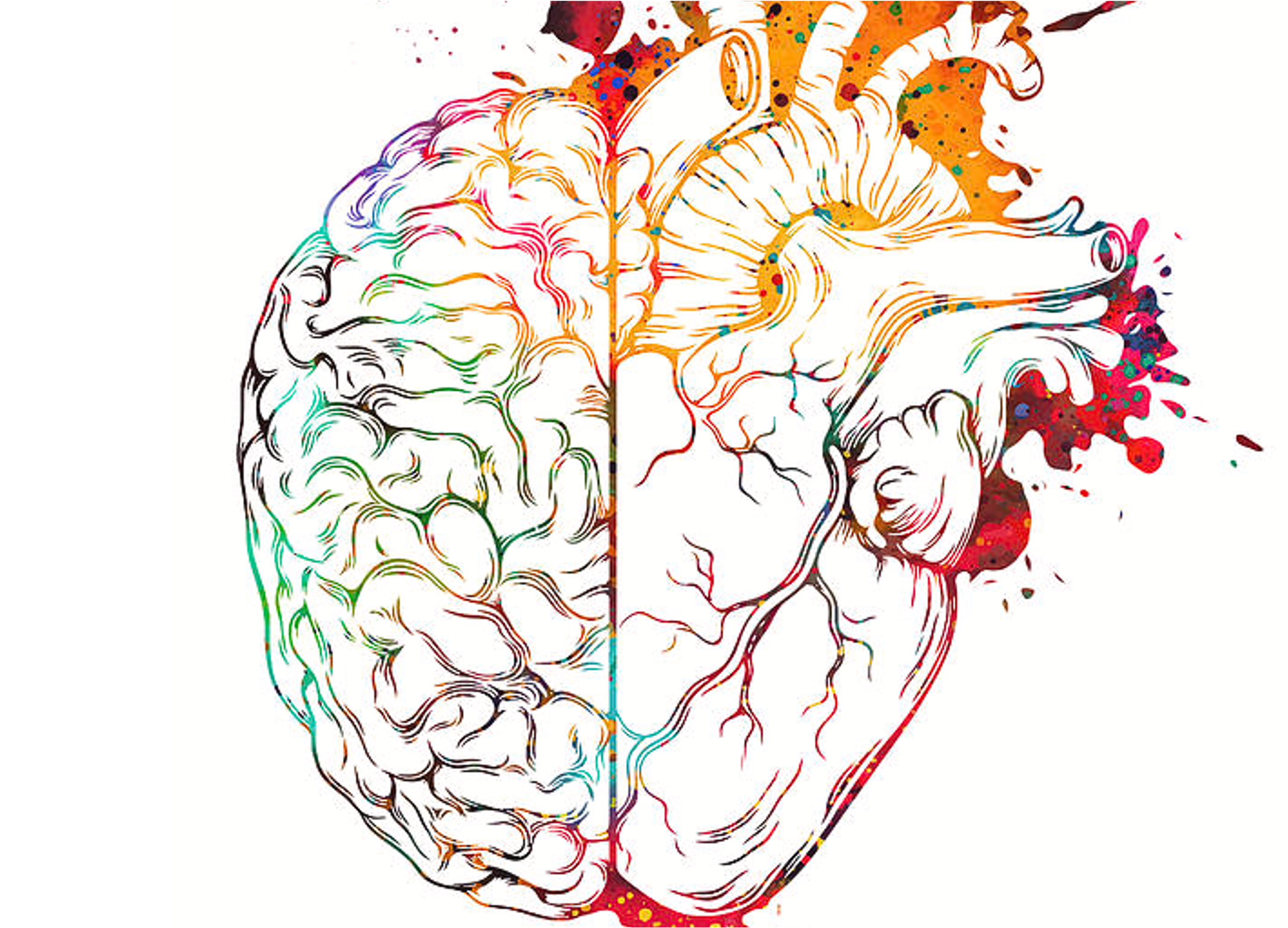
There remains a significant gap in our understanding of how sensory inputs from peripheral organs—such as the gut, liver, kidney, and heart—are integrated by the central nervous system (CNS) to produce coordinated, multi-organ physiological responses. This gap is particularly evident in the context of CNS-cardiovascular system interactions. Little is known about how more complex and dynamic inputs—especially those influenced by diet and the gut microbiome—modulate central processing and output. Emerging evidence suggests that dietary components (e.g., excessive fats and sugars) and gut microbial dysbiosis can profoundly alter visceral sensory signaling to the CNS. These altered inputs may reinforce maladaptive neural circuits—particularly those involving dopaminergic pathways—contributing to the development and persistence of cardiometabolic comorbidities such as obesity, type 2 diabetes, and hypertension. Our research aims to unravel the mechanisms by which gut microbial reorganization and gut-derived metabolites influence somatosensory and autonomic processing within the CNS, ultimately promoting cardiovascular and cardiometabolic disease (CMD) with the goal of identifying novel strategies to interrupt disease progression and restore cardiometabolic homeostasis.
Getting to the Heart of the Problem!
Forefront of Research
The Sharp Laboratory is a classical cardiovascular physiology lab that develops translational preclinical models grounded in clinically relevant phenotypes of cardiovascular (CVD) and cardiometabolic disease (CMD). By faithfully recapitulating these clinical features, we aim to uncover the mechanistic drivers of CVD and CMD, with the ultimate goal of identifying novel therapeutic targets and advancing innovative strategies to mitigate disease risk, onset, and progression.
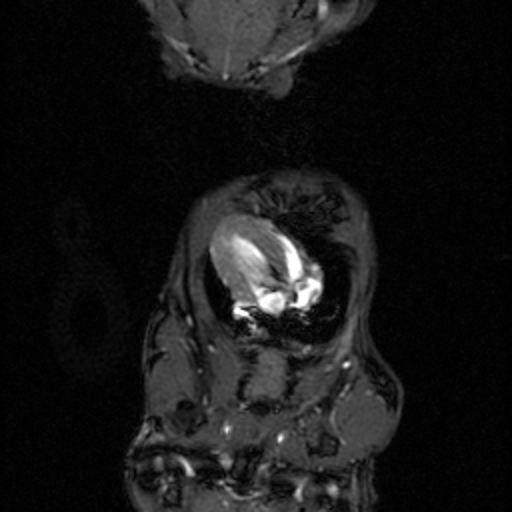
Team
Our Team on The Forefront of Cardiovascular Research
We are a small but driven team, deeply committed to advancing our understanding of cardiovascular and cardiometabolic diseases that continue to challenge modern society. With a shared passion for discovery, we strive to develop innovative therapeutic strategies to combat these conditions. Our lab is housed in a state-of-the-art facility in the heart of downtown Tampa, Florida, providing an inspiring environment for cutting-edge research. We actively pursue interdisciplinary collaborations, bringing together diverse expertise to generate high-impact scientific insights across a broad spectrum of research areas.
Our Latest Updates
Our Partners

